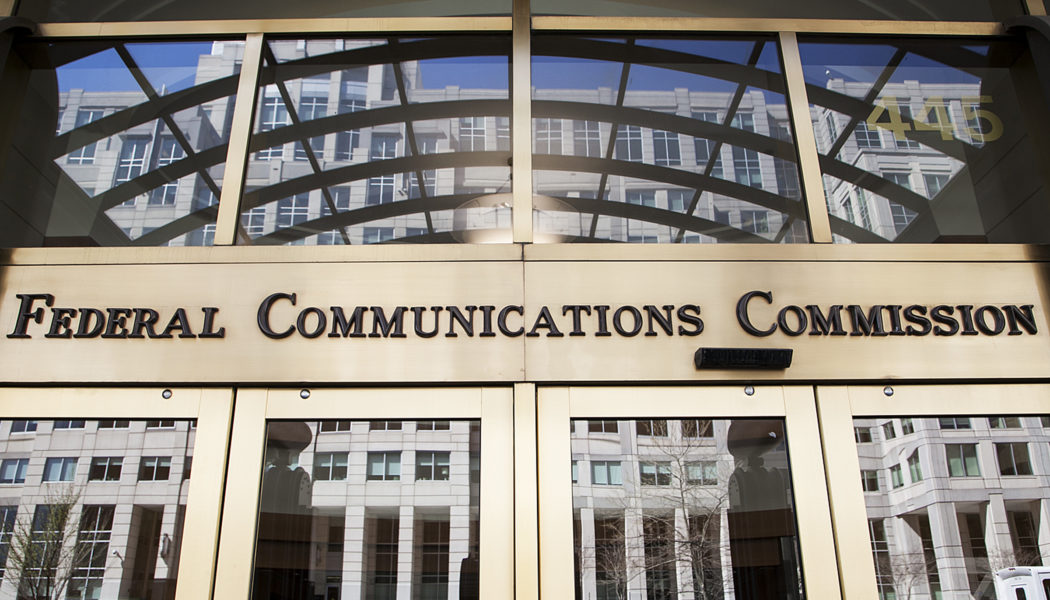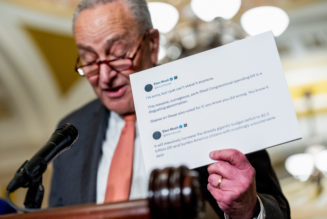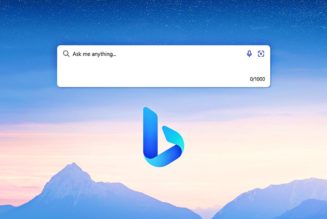Major ISPs had until April 10th to publish labels during point-of-sale with basic information about their broadband offerings.
Share this story
See our ethics statement.
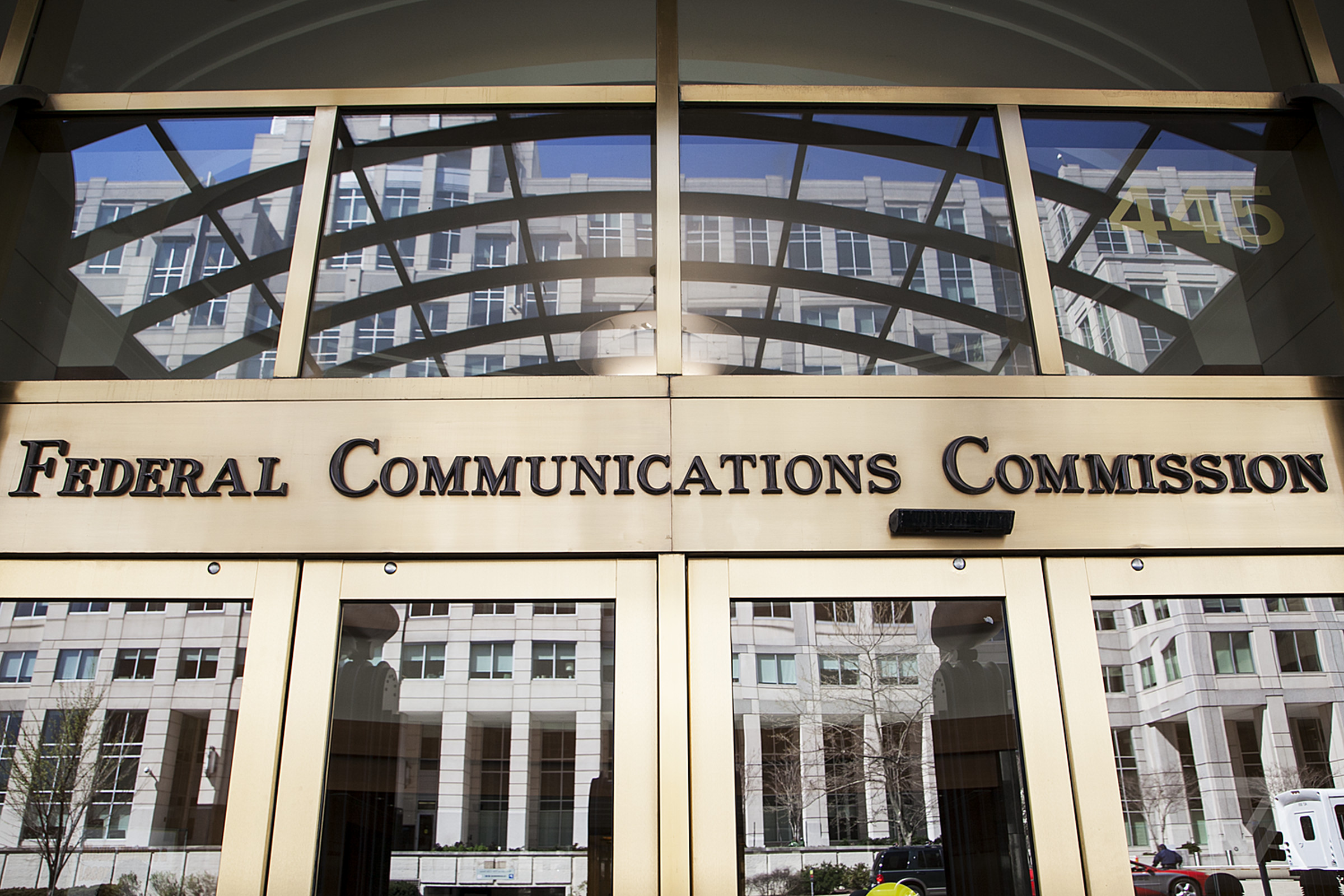
It appears that a nearly eight-year-long battle by the FCC to require internet companies to display information on the costs, fees, and speeds of their broadband services is finally over. Starting on Wednesday, all but the smallest ISPs will be required to publish broadband “nutrition labels” on all of their plans, the regulator announced. The FCC’s intention behind the labels is that they’ll allow consumers to more easily comparison shop between plans and avoid any hidden fees.
Below is an example of what the FCC-mandated broadband nutritional label will look like:

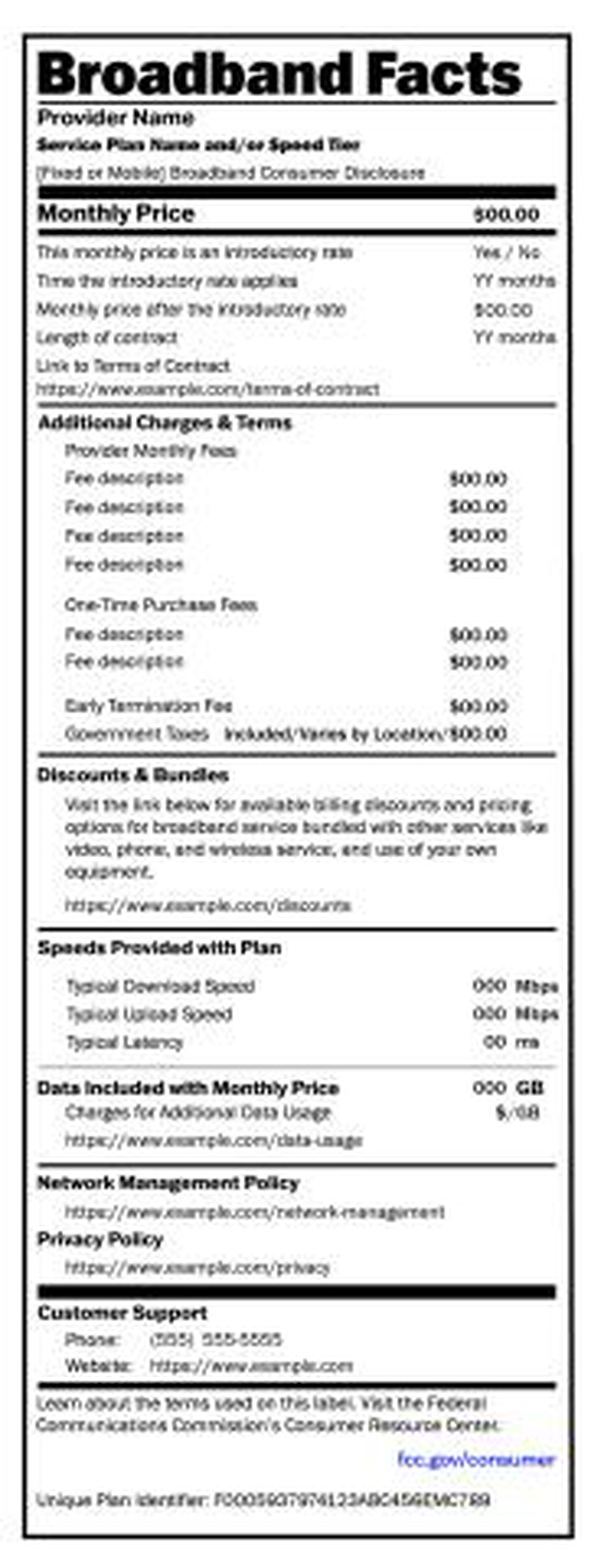
The next time you shop for either a standalone home or fixed internet plan, or a new mobile broadband plan, you should notice such a label. Each label will include monthly broadband prices, introductory rate details, data allowances, broadband speeds, and links to find out about any available discounts or service bundles. Links to network management practices and privacy policies should be listed as well. The labels should appear both online and at physical stores.

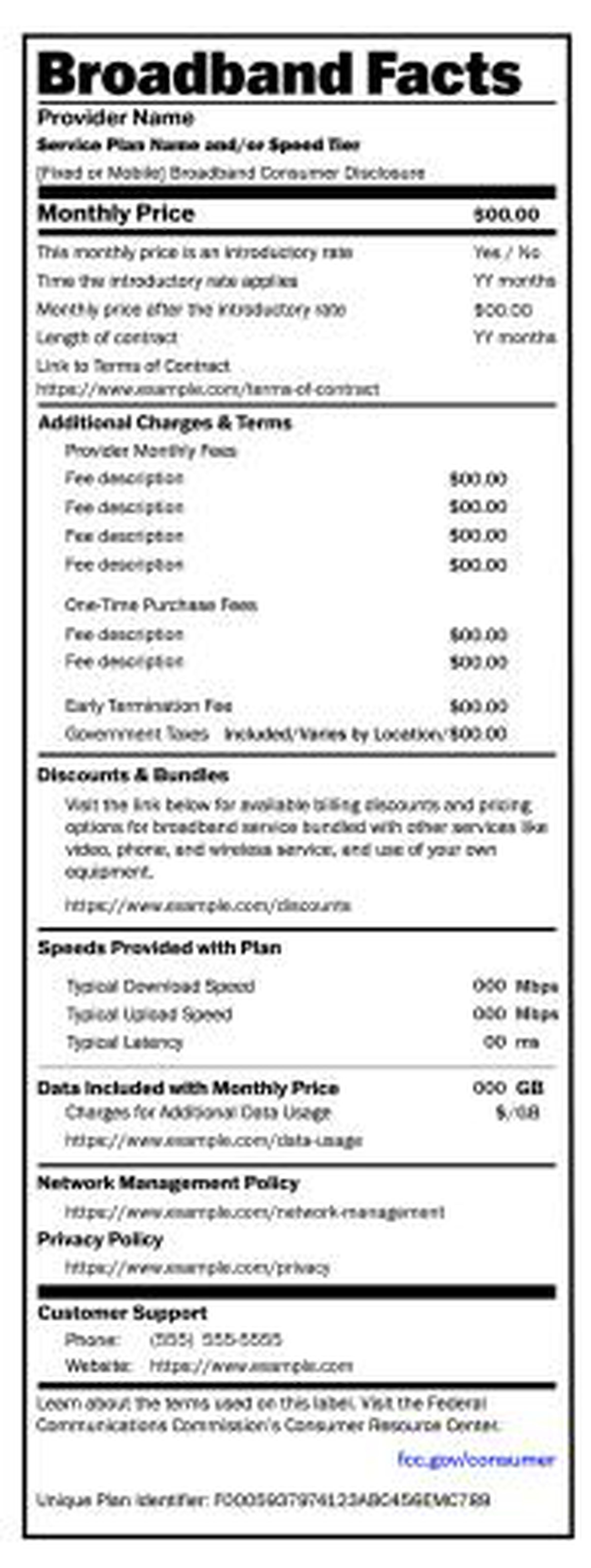
Most of the information in the labels is publicly available but would require some time and research for the average consumer to sleuth out. In the past, the broadband industry has published advertised speeds for broadband plans that misrepresent the actual connection speeds available for most customers. The new labels should cut down on this practice; ISPs must now publish “typical” download and upload speeds with each plan.
Major broadband providers have fought vigorously over the years to kill the rule, arguing that such labels would be too costly and complicated to implement. Some consumer advocates also criticize the FCC for not addressing the more serious problem of regional broadband monopolies. Many Americans, especially in rural or less economically prosperous areas, only have one or two options for their broadband provider. Adding to the sense of urgency is that a program that gives low-income Americans additional money to purchase broadband internet plans is set to expire at the end of the month.
Regional ISPs with only one or zero competitors have little incentive to lower their prices or improve their speeds. Dozens of cities have tried to address the problem on their own by building out their own municipal broadband networks, though, of course, the telecom industry is trying its best to fight this.
So far, Verizon, Google Fiber, and T-Mobile have released labels ahead of the deadline. Although the FCC’s official deadline for compliance (if you’re a major ISP) is April 10th, small ISPs (with fewer than 100,000 lines) have until October 10th to implement the nutritional labels.
